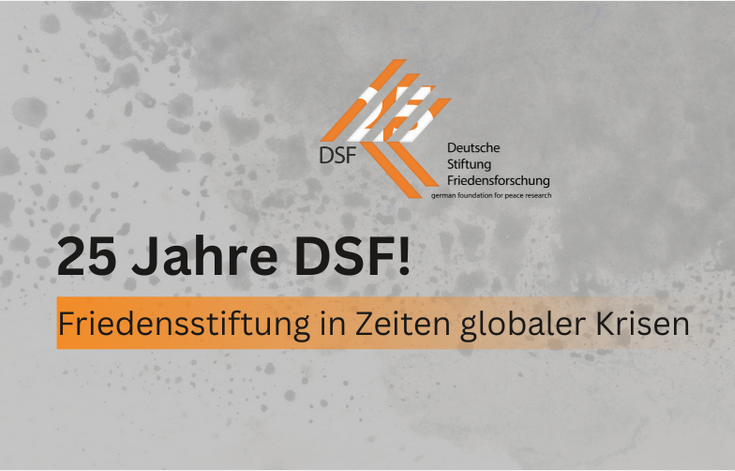Matthias participated at the panel “Arms control in crisis: Technological and security challenges” at the Deutsche Stiftung Friedensforschung Konferenz in Osnabrück. The panel explored how traditional arms control struggles to address digital technologies, including software, AI, and cyber capabilities. Matthias argued, that unlike physical weapons, digital tools are inherently flexible, hard to define, easily automated, and blur the lines between civil and military use. Cyber operations rarely amount to warfare in the classical sense; instead, they mainly facilitate intelligence gathering, create legal ambiguity, and make verification and regulation nearly impossible. Dual-use technologies and the rise of autonomous AI agents further complicate effective oversight.
There is little political will for robust cyber arms control, and past international efforts (such as UN initiatives and voluntary cyber norms) have had limited impact, especially among authoritarian regimes. Private sector-led interventions to improve security—such as security-by-design and code quality—scale more effectively than state-driven regulations. Ultimately, cyber resilience will depend on proactive technological safeguards rather than traditional regulatory frameworks.
This panel took place during the “FriedensStiftung in Zeiten globaler Krisen” conference, held on October 8–9, 2025 in Osnabrück and organized by the Deutsche Stiftung Friedensforschung (DSF) to mark its 25th anniversary.

